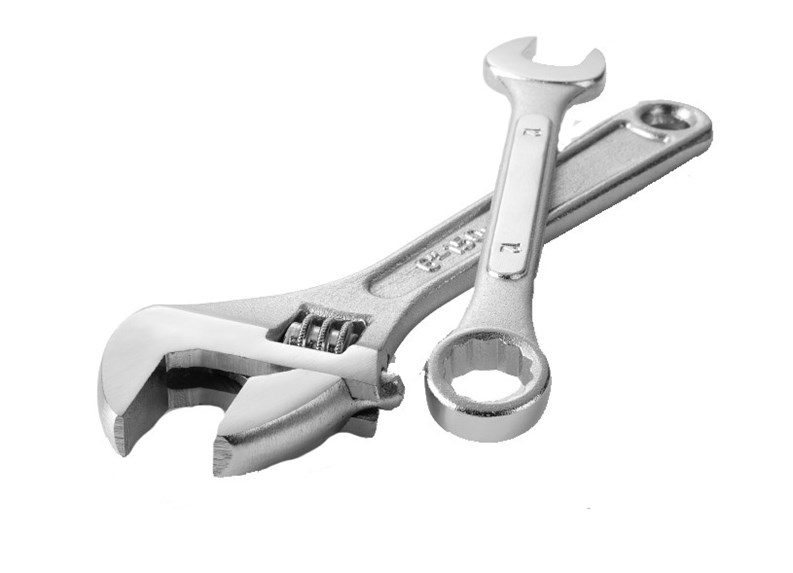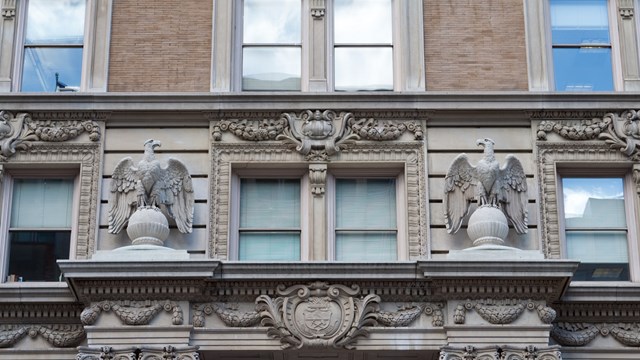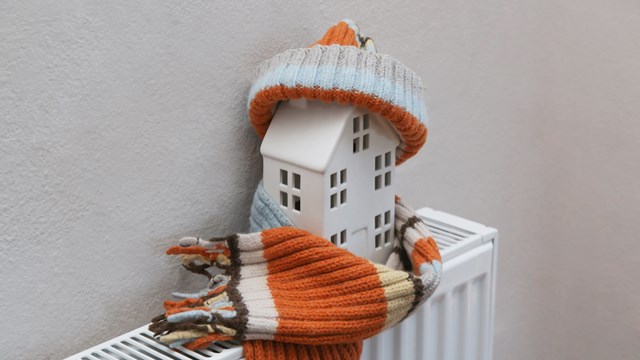When the clock strikes 12 on January 1 of next year, what will happen? Many warn of impending chaos as microchips failing to recognize the date bring us back to the beginning of the century. If you're overwhelmed by Y2K gloom and doom, it might not be a good idea to close your eyes and ears to the frenzy just yet. It is essential for co-op and condo board members to plan and implement programs to ensure Y2K compliance for all building systems.
To discuss maintenance and management planning, as well as legal and insurance issues,
David Khazzam of Aptek Management in Manhattan started off the evening by providing pointers for emergency planning. He said that preparing for Y2K is really just an "elaboration of preparation for every day emergencies." Khazzam introduced Aptek's Y2K Readiness Checklist, explaining that dilemmas related to administrative items, building systems and vendors need to be addressed.
To be prepared before the countdown begins, Khazzam offered the following suggestions: purchase/prepare flashlights and/or lanterns; have back-up fuses available for electrical panels; ensure that a full inventory of maintenance supplies are available in the event of supply interruption; top-off oil tank(s); purchase a bull horn; create a new storage cabinet to store all emergency items in an accessible location; have fully-charged, battery-powered radios for staff communication on hand; check all emergency lighting; create a list of all disabled/apartment-bound residents; update emergency phone numbers; and identify individual staff responsibilities in the event of emergency.
"Our goal is to protect each owner's investment," said Khazzam. Ensuring that Aptek's suggestions are utilized is the first step to providing a smooth transition through possible Y2K pitfalls. If problems do occur, such preparedness is the key to avoiding future legal hassles with residents looking for compensation.
Smith then identified potential Y2K disasters for buildings. These include an elevator that won't move (say if you live on the 33rd floor!), a Heating, Ventilation and Air Conditioning (HVAC) system malfunction (imagine no heat in a harsh New York winter), and a parking garage computer that doesn't read the date/time correctly (how do you get in or out of the garage?).
Coupled with these problems are potential liability issues for properties' and their boards. "If people can't get to their homes in a co-op, that's a breach of contract," Smith said, defining the theory of constructive eviction. He explained that residents can sue for extra expenses incurred (i.e.: hotel bill) if such a scenario occurs. Further, "since everyone's talked about Y2K for the past two years, if you do nothing, if you don't call a manager, you haven't used good judgment, you can be sued for negligence," Smith warned. He suggested that board members are usually immune from personal liability but the distinction is whether they've acted "in good faith" to protect the building and its residents. "Prudent action" is required of such good faith measures, Smith said.
Board members can protect themselves from possible expenses by insuring themselves with Directors/Operators liability coverage. Watch out for Y2K exclusions, though, Smith warns. "You know where you stand so we may not cover you," is the general attitude, he says. Likewise, most recently refinanced underlying mortgages include stipulations that the board should do everything it can to prevent Y2K problems. Boards must fully disclose their Y2K plans to residents and recent accounting guidelines provide for footnotes in financial statements regarding Y2K efforts.
Jacobson said that elevators which won't have any problems include those by Serge, Westinghouse, Dover and Amor. "Any other types you may have a problem with," Jacobson said. "Independents use chips." In addition, he offered the following advice: "Watch out for companies that are out of business." He suggests calling your elevator make sure there won't be any problems.
The cost of Y2K when all is said and done will be "a low of $300 billion and a high of $1 trillion," Mackoul said. "Every major law firm has created a Y2K department and every insurance company is writing exclusions to policies as air tight as possible." Like Smith, he suggested coverage by Directors/Officers insurance to counteract very large legal expenses. "You must have coverage!"
Mackoul concluded the evening by stating, "Recognize that the problem is real. We don't know where the majority of lawsuits will come from. Realize the strong likelihood that insurance companies won't want to pay. Insulate yourself and protect your association."
For further information contact Judy Grover at
Aptek: www.aptekmgmt.com
Mackoul:www.mackoul.com
Smith: www.spfarch.com
Serge: www.sergeelevator.com







Leave a Comment